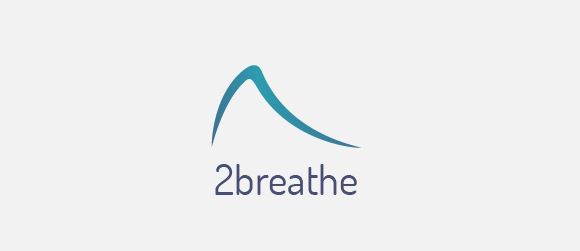With the automatization of loan approval, credit scores and ratings have risen in importance. However, we still tend to neglect them until we need to apply for a business or personal startup loan guaranteed even with bad credit. When that occurs, we find out that our credit score influences our ability to get approval for almost everything, from getting a home to making our business ideas a reality.
You may have been shocked by your low credit score after a loan rejection or are trying to be the best candidate for a certain business funding option. This may lead one to seek where they can get a startup loan for their business launching – but without the usually required credit check. This question usually eliminates the option of traditional financing sources, such as bank loans or business credit cards.
The good news, though, is that there’s a plethora of choices out there when it comes to lending programs for small businesses. These usually won’t look at business or credit history, or at least won’t exclude all other factors. Some of these alternative lender options will be discussed further on.
Alternative Lenders:
There are several microlenders online, such as Fundbox, which can give your business invoice financing. No credit check is required here, but there do need to be some outstanding invoices. Hence, if the business is just starting out, you can’t really go for this option since you won’t have any orders yet.
At the very least, a business should have been operating for around three months. This would build up enough business history and the required invoices for getting this lending option.
However, even if a business is completely new, there are other lending sources without credit checks. They require a certain level of ingenuity and creativity, though. When any lender ponders giving a loan to any business, they have to consider the risk of loan defaulting. Business history would let them know that your operations are likely to go smoothly and without a hitch. Credit scores prove to a potential lender that you’re responsible and can be trusted with financial responsibilities.
We can claim that every business owner and entrepreneur should be given a chance, but this point isn’t in keeping with logic or reality. In order to find out what else we can consider, we should think about just why we’re seeking a business loan without any credit check.
Reasons for Loans Without Credit Checks:
If you need a small business loan for your startup, but are worried about ruining your credit, some lenders only perform a soft credit pull. This means that your overall credit rating would remain unaffected.
The reason for avoiding credit checks may also be that you simply don’t have a decent credit score. In this case, do your homework and see if you fall within the score ranges calculated by FICO. Your fear may just be an underestimation of your credit history. Find out just where you stand before assuming that you can’t get a regular loan approval.
Consideration of Personal Score
Before giving out a small business loan, the lender would probably give more importance to the owner’s personal credit rating. We’ll be discussing the different tiers for this and what each tier would mean for your borrowing options:
1. 700+:
If you have a credit score of 700 and above, you’re in the clear. This would surpass several minimum requirements for just about all funding options. Even the difficult options like SBA loans or those from regular banks would probably be approved like a breeze!
2. 650-700
This range of credit is also quite high. If you have some business history to back this score up, your venture would be financially sound. You can reasonably expect to get an SBA loan approval with this score.
3. 620-650
This range of credit score may limit you a bit. However, if you have some months of solid business operations behind you, a medium-term lending program could be possible. However, you would probably have to approach an alternative source for this, such as a microlender.
4. 500-550
This score would have one struggling to get loan approval in almost any case. However, there are still several options you can consider.
An admirable business history may help here. If you have the right financial statistics and can prove your reliability, you may qualify for certain funding options. These include secured or short-term funding.
5. Going Under 500
This credit score is admittedly a cause for worrying. This means that your funding options could face severe limitations, even when it comes to alternative funds. Even if you do manage to get some funding, the conditions could be very strict for you.
If you find your credit score going below 500, it is strongly suggested that you take steps to fix it before going any further. For this, you may have to take on the services of an expert to repair the score and build it up.

Editor of Startups #nofilter


